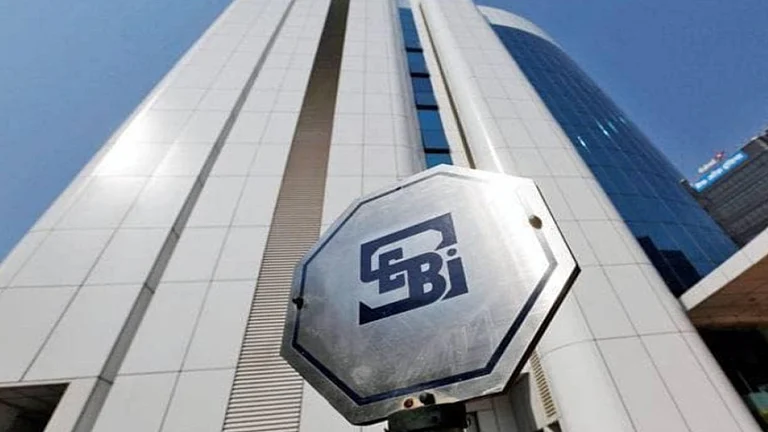Investment in Systematic Investment Plans (SIPs) is gaining popularity in India. Data by the Association of Mutual Funds In India for the month of December showed that monthly inflows via SIP increased to a record high as they stood at Rs 26,459 crore.
Small-Ticket SIP, Big Returns? All You Need To Know About SEBI’s Proposal For Rs 250 SIP
The SEBI mentioned in a consultation paper that the move is aimed at promoting financial inclusion, inculcating the habit of systematic saving and facilitating investment of small savings by investors new to the Mutual Fund space through ‘sachetisation’ of Mutual Funds
Keeping the rising popularity of SIPs in mind, the market regulator Securities and Exchange Board of India (SEBI) proposed the introduction of small-ticket SIP plans which have a minimum subscription amount of Rs 250. The SEBI mentioned in a consultation paper that the move is aimed at promoting financial inclusion, inculcating the habit of systematic saving and facilitating investment of small savings by investors new to the Mutual Fund space through ‘sachetisation’ of Mutual Funds.
Currently, many Asset Management Companies (AMCs) offer small-ticket SIPs. However, the market regulator said that the ‘sachetisation’ of SIPs can help the entire mutual fund industry in ensuring financial inclusion. The market regulator added that it has envisaged a sachetised mutual fund product i.e. small ticket SIP of Rs 250.
The market regulator also said that industry participants have agreed to offer discounted rates to get to faster break-even for AMCs on the cost incurred towards these investments. Additionally, the AMCs participating will be partly compensated from the Investor Education and Awareness Fund for the cost of investment they incur. SEBI projects that AMCs will achieve break-even within two years.
SEBI’s Proposed Rules For Small Ticket SIPs
SEBI said in its consultation paper that small-ticket investors will be restricted to three small-ticket SIPs (one each in up to 3 Asset Management Companies). On the other hand, AMCs which offer such SIPs can continue to offer Rs 250 SIPs beyond three small ticket SIPs but the discounted rates offered by intermediaries are restricted to only the first three.
Any investor who makes an SIP investment other than small ticket SIP or makes a lump sum investment will not be considered as a small-ticket SIP investor. The SEBI also proposed that small-ticket SIPs shall be offered only under the growth option of the plan.
Additionally, small-ticket SIPs will be offered in all schemes except for Debt schemes, Sectoral & Thematic Schemes, Small-cap and Mid-cap Schemes under the Equity Schemes category.
The market regulator said that the mode of payment for small-ticket SIP will be restricted to NACH and UPI auto pay. Additionally, an investment of up to Rs 50,000 per investor, per mutual fund, per financial year is permitted without PAN and PAN-exempted KYC Registration Number(PEKRN) based KYC will be available for small ticket SIP.
The tenure of investment will need a commitment by an investor under a small-ticket SIP scheme for a period of 5 years or 60 investments. However, if investors desire to stop the investment or make premature withdrawals, there will be no restriction on it.
SEBI also urged AMCs to ensure that a valid mobile number of an investor of small ticket SIPs is in their record, for statutory disclosures. Alternatively, disclosures may also be made via Email.
Follow Outlook Money's Complete Coverage of The Union Budget 2025 Here

